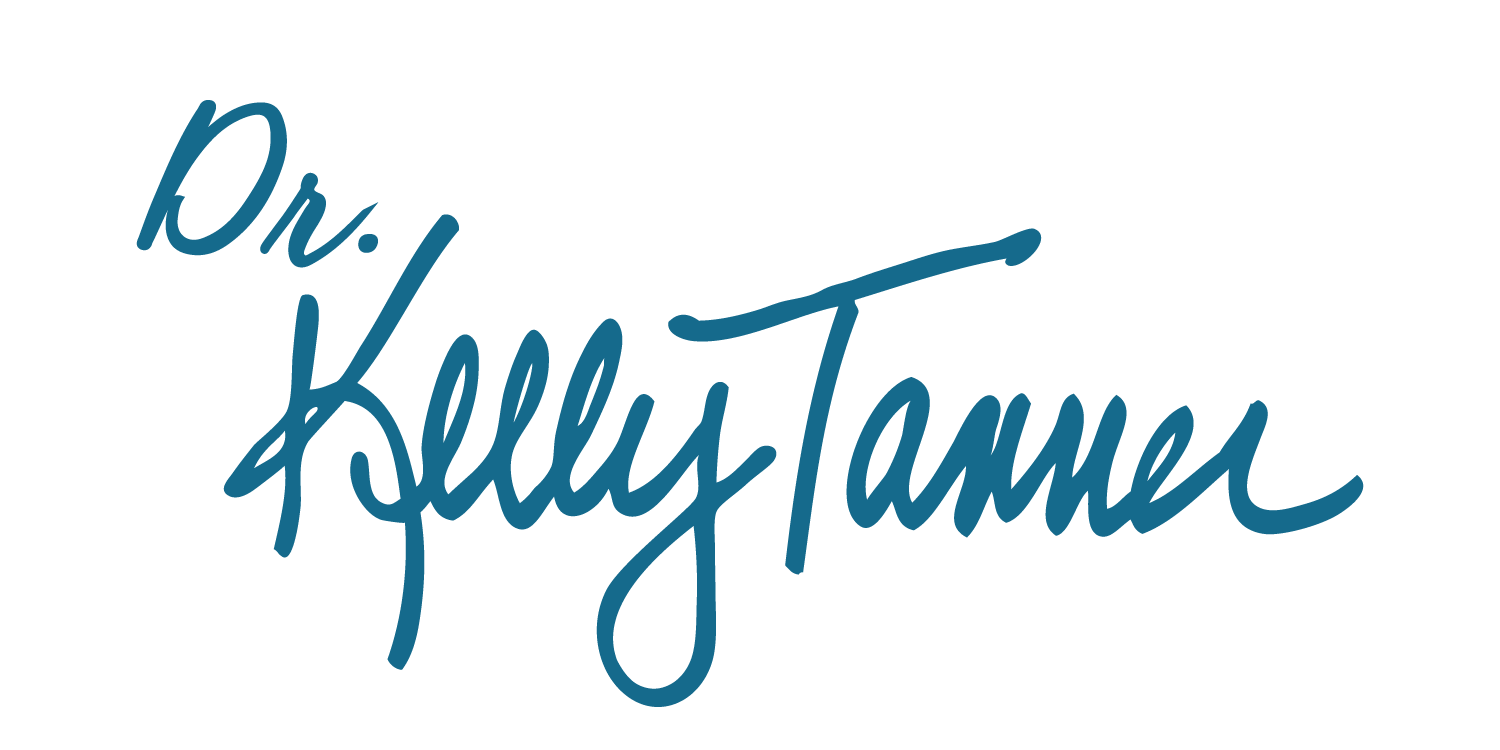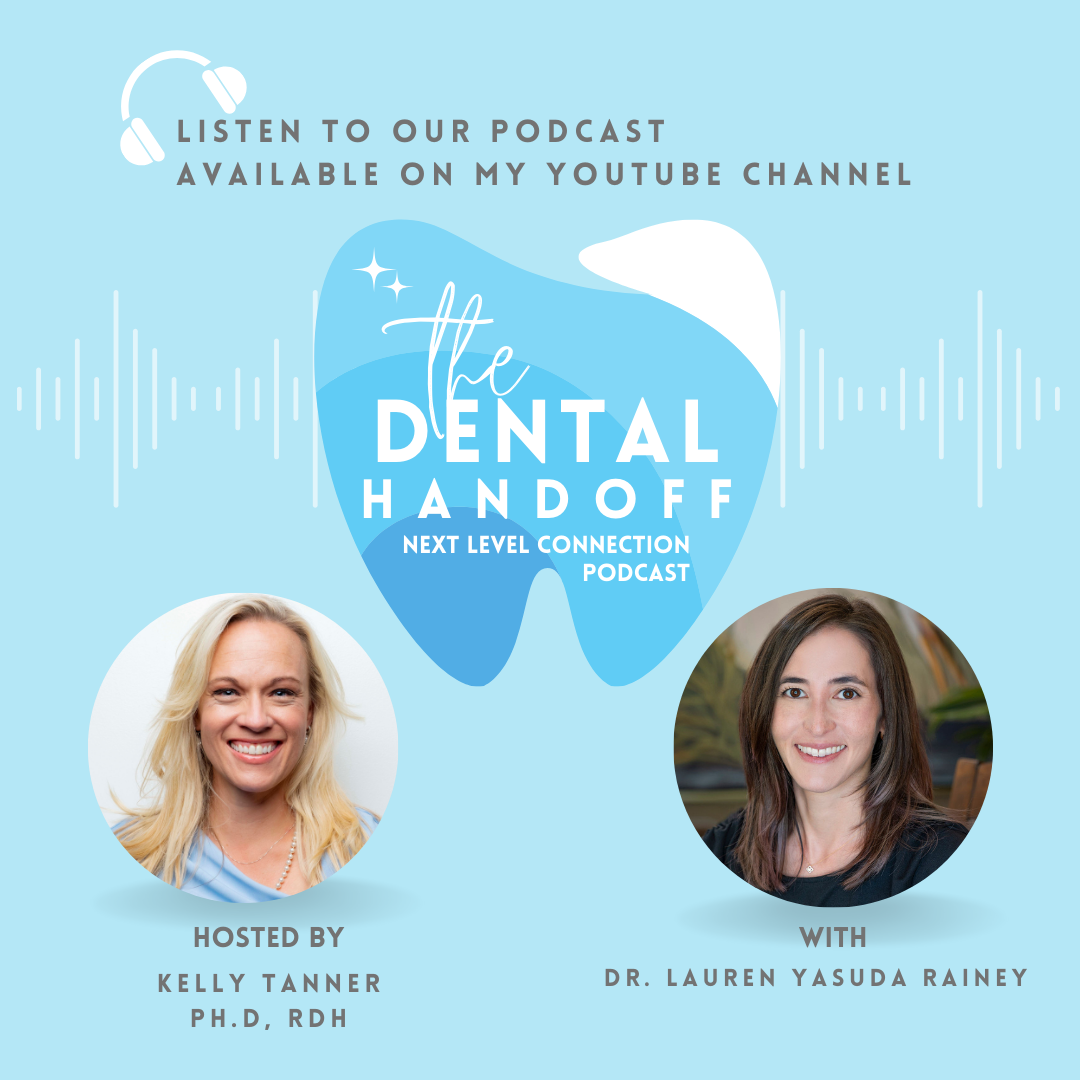Building a Practice That Serves You with Lauren Rainey
In another insightful episode of The Dental Handoff podcast, host Dr. Kelly Tanner welcomed dentist Lauren Rainey to share her professional journey and the pivotal decisions that shaped her career path.
Finding Her Path in Dentistry
Lauren's journey into dentistry was influenced by her desire to find a career that balanced science, art, and the potential for business ownership. Coming from a family of healthcare professionals, including a grandfather who was an endodontist, Lauren was naturally drawn to medical professions but wanted a path that wouldn't require decades of schooling.
After college, Lauren spent time teaching English in Japan before applying to dental school. She attended the University of the Pacific in San Francisco, attracted to their three-year program with a strong clinical focus. Following graduation, Lauren completed a General Practice Residency (GPR) at Tufts, where she gained valuable experience with complex medical cases in operating room settings.
This experience solidified her decision to remain a general dentist rather than specialize. "What I really loved doing was seeing people where the puzzle pieces kind of all fit together," Lauren explained. The opportunity to build long-term relationships with patients was particularly appealing to her.
Guided by Core Values
A significant turning point in Lauren's career came when she participated in an exercise to identify her core values. Using a deck of cards with various words, she narrowed down the values that resonated most with her, eventually identifying five core principles that drive her as a person.
"That was just mind-blowing for me to see it in front of me, tangible cards of the five things that drive me as a human being," Lauren shared. She realized these values not only guided her patient care but also influenced her family life, financial decisions, and how she spent her free time.
This clarity about her core values ultimately led Lauren to transform her practice from a PPO model to a fee-for-service model. The transition allowed her to choose high-quality materials, provide adequate time for procedures, and hire passionate staff – all elements she couldn't maintain in a PPO environment in California.
Making the Transition
The catalyst for Lauren's practice transition came when her CPA showed her that insurance write-offs had cost her practice $275,534 in a single year. "When I saw that dollar figure, that was really a scary moment for me," Lauren admitted.
Facing this reality, Lauren collaborated with a patient to develop a membership plan as an alternative to traditional insurance. They designed a program that worked for both the patient and the practice, initially testing it with 30 patients. The program quickly gained popularity as patients shared their positive experiences with friends and family.
When communicating the change to her patient base, Lauren was transparent about the challenges and the solutions she had developed. While some patients left, others stayed, and some even returned after initially departing. Lauren acknowledged that her practice couldn't serve everyone, and that was okay.
The Role of Coaching in Professional Growth
Throughout her career, Lauren has worked with several executive and leadership coaches who helped her align her professional decisions with her personal values. One coach introduced her to the concept of evaluating opportunities based on how they fulfill her emotionally and financially, using a rating system to determine if an opportunity was worth pursuing.
Another coach encouraged Lauren to consider whether choices served her needs, emphasizing that it's acceptable to prioritize self-care. "It's very easy to say, but in real life and real practice, that is very difficult to do," Lauren noted about the challenge of putting oneself first.
This coaching experience transformed Lauren's approach to decision-making and led her to recommend coaching to colleagues. "I pretty much tell anybody that I know, 'Hey, have you ever considered that?'" she shared, expressing gratitude for the wholeness she now feels as a result of coaching.
Patient Education About Dental Insurance
Lauren emphasizes the importance of educating patients about the limitations of dental insurance. Unlike medical insurance, which typically covers comprehensive care, dental insurance often has significant restrictions on coverage.
"If you fall down the stairs and you break your arm and you twist your ankle and you bust off four teeth, your dental insurance will say, we can do one part of one tooth this year," Lauren explained, illustrating the frustrating reality many patients don't understand.
Lauren encourages dental professionals to have honest conversations with patients about insurance limitations. For practitioners uncomfortable with these discussions, she suggests finding team members who can effectively communicate about insurance and financial matters.
Lauren Rainey's journey demonstrates how aligning personal values with professional decisions can create a more fulfilling career and better patient care. By making intentional choices based on core values, dental professionals can build practices that serve both their needs and those of their patients.
Keywords: Fee-for-service dentistry, dental practice transition, dental insurance alternatives, core values alignment, dental membership plan, dental coaching, dental business model, PPO transition, dental practice management, dental career path, dental insurance limitations, value-based dentistry, The Dental Handoff podcast


